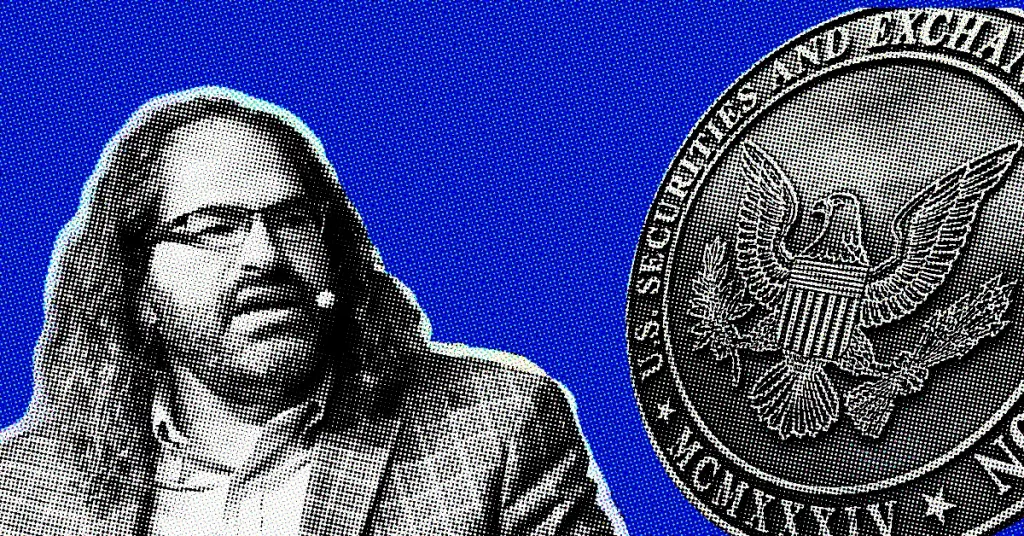ARTICLE AD BOX

The post Ripple CTO says negativity towards the company has gone down amid legal battle appeared first on Coinpedia Fintech News
David Schwartz, the Chief Technology Officer at ripple

 ripple
m***h@ripple.com
Crypto / Blockchain SolutionPayment solution
, recently shared interesting details of the company’s progress and the broader cryptocurrency landscape in an interview with Thinking Crypto. He discussed various topics, including the recent approval of Exchange-Traded Funds (ETFs) and the ongoing regulatory environment.
ripple
m***h@ripple.com
Crypto / Blockchain SolutionPayment solution
, recently shared interesting details of the company’s progress and the broader cryptocurrency landscape in an interview with Thinking Crypto. He discussed various topics, including the recent approval of Exchange-Traded Funds (ETFs) and the ongoing regulatory environment.
Schwartz said that the year has been a mix of slow technical developments and important progress on the regulatory front. While technical breakthroughs have been less pronounced, regulatory advancements, such as ETF approvals, have garnered attention and excitement in the market.
Expressing his perspective on the regulatory landscape, Schwartz said that the year has seen notable consolidation. He spoke about the absence of extreme and arguably less useful trends, contributing to a more constructive environment for development.
The conversation then shifted to the SEC versus Ripple lawsuit, with Schwartz stressing the importance of the recent ruling by Judge Torres. The ruling clarified that XRP is not inherently a security, marking a historic win for Ripple and the entire crypto industry. Schwartz noted that the initial negativity towards Ripple has diminished as people examined the case and recognized its broader implications.
Also Read: Ripple CTO Dispels XRP Loss Concerns, Assures Value Stability
Schwartz pointed out three key victories for Ripple in the legal battle: the ruling on XRP’s non-security status, the SEC’s denial of an interlocutory appeal, and the voluntary dismissal of charges against Chris Larsen and Brad Garlinghouse. He opened up about the strategic error on the SEC’s part and expressed positivity about the ongoing proceedings.
Despite the legal victories, Schwartz also discussed that the regulatory front might feel somewhat dull at the moment. However, he highlighted the importance of industry engagement with regulators and the potential impact of Congress passing new legislation. Schwartz warned about the regulatory outlook in the United States, hinting the need for a balanced approach that fosters innovation without compromising security.
.png)
 10 months ago
4
10 months ago
4













 English (US)
English (US)